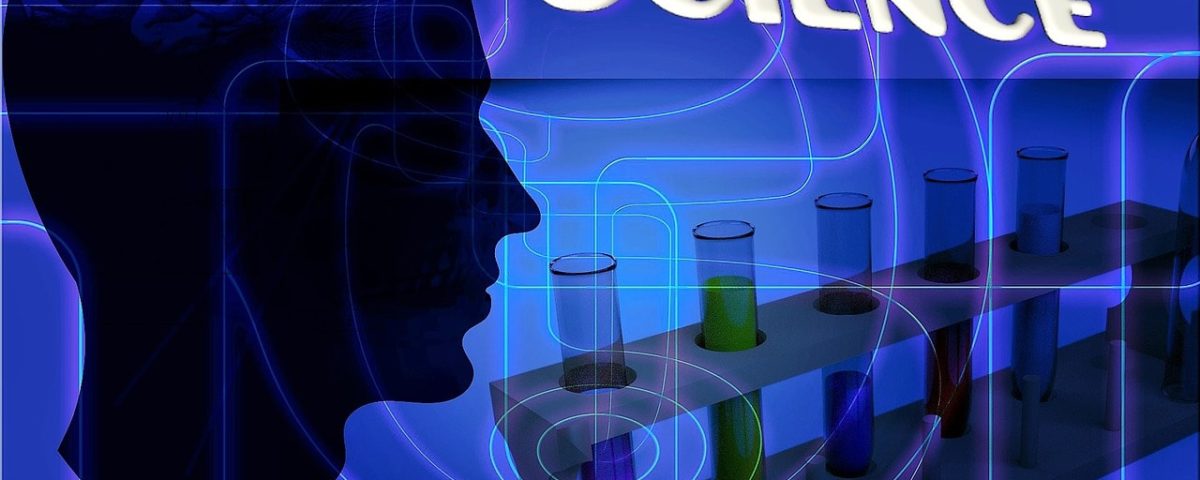Engineering chemistry is included as regular course in IOE Syllabus with the objective of developing the basic concepts of Physical Chemistry, Inorganic Chemistry and Organic Chemistry relevant to problems in engineering. Theory : 3 Year : I Tutorial : 1 Part : I/II Practical : 3 Course Code: SH 453. The credit hour of each chapter is represented inside brackets ( ).
- Electro-chemistry and Buffer (6 hours)
- Electro-chemical cells
- Electrode Potential and Standard Electrode Potential
- Measurement of Electrode Potential
- Nernst equation
- EMF of Cell
- Application of Electrochemical and Electrolytic cells
- Electrochemical Series and its Application
- Buffer: its type and mechanism
- Henderson’s equation for pH of buffer and related problems
- Corrosion and its type
- Factors influencing corrosion
- Prevention of corrosion
- Catalyst (4 hours)
- Introduction
- Action of Catalyst (Catalytic Promoters and Catalytic Poisons)
- Characteristics of Catalyst
- Types of Catalyst
- Theories of Catalysis
- Industrial Applications of Catalysts
- Environmental Chemistry (5 hours)
- Air Pollution
- Air Pollutants i) gases SOx,NOx,CO,CO2,O3 and hydrocarbons ii)particulates dust, smoke and fly ash
- Effects of Air Pollutants on human beings and their possible remedies
- Ozone depletion and its photochemistry
- Water Pollution (Ref of surface water and pound water)
- Water Pollutants (Ref of surface water) their adverse effect and remedies
- Soil pollution
- Pollutants of soil their adverse effects and possible remedies
- Engineering Polymers (6 hours)
- Inorganic polymers
- General properties of inorganic polymers
- Polyphosphazines
- Sulpher Based Polymers
- Chalcogenide Glasses
- Silicones
- Organic Polymers
- Types of Organic Polymers
- Preparation and application of i) Polyurethane ii) Polystyrene iii) Polyvinylchloride iv) Teflon v) Nylon 6,6 and vi) Bakelite vii) Epoxy Resin viii) Fiber Reinforced Polymer
- Concept of bio-degradable, non-biodegradable and conducting polymers
- 3-d Transition elements and their applications (5 hours)
- Introduction
- Electronic Configuration
- Variable oxidation states
- Complex formation tendency
- Color formation
- Magnetic properties
- Alloy formation
- Applications of 3-d transition elements
- Coordination Complexes (5 hours)
- Introduction
- Terms used in Coordination Complexes
- Werner’s Theory Coordination Complexes
- Sidgwick’s model and Sidgwick’s effective atomic number rule
- Nomenclature of coordination compounds (Neutral type, simple cation and complex anion and complex cation and simple anion type)
- Valence Bond Theory of Complexes
- Application of valence bond theory in the formation of i) Tetrahedral Complexes ii) Square planar Complexes and iii) Octahedral Complexes
- Limitations of Valence Bond Theory
- Applications of Coordination Complexes
- Explosives (3 hours)
- Introduction
- Types of explosives: Primary, Low and High explosives
- Preparation and application of TNT, TNG, Nitrocellulose and Plastic explosives
- Lubricants and Paints (2 hours)
- Introduction
- Function of Lubricants
- Classification of Lubricants (Oils, Greases and Solid)
- Paints
- Types of Paint
- Application of Paints
- Stereochemistry (4 hours)
- Introduction
- Geometrical Isomerism (Cis Trans Isomerism) Z and E concept of Geometrical Isomerism
- Optical Isomerism with reference to two asymmetrical carbon center molecules
- Terms Optical activity, Enantiomers, Diastereomers, Meso structures, Racemic mixture and Resolution
- Reaction Mechanism in Organic reactions (4 hours)
- Substitution reaction
- Types of substitution reaction SN1 and SN2
- Elimination reaction
- Types of elimination reaction El and E2
- Factors governing SN1, SN2, El and E2 reaction mechanism path
References
• Engineering Chemistry by Jain and Jain
• A Text Book of Engineering Chemistry by Shashi Chawala
• A New Concise Inorganic Chemistry by J.D. Lee
• Principles of Physical Chemistry by Marron and Prutton
• Essential of Physical Chemistry by Bahl and Tuli
• Advanced Inorganic Chemistry Vol 1 and 2 by Satya Prakash and Tuli
• Organic chemistry by Morrison and Boyd
• Selected Topics in Physical Chemistry by Moti Kaji Sthapit
• Environmental Engineering by Peavy, Rowe and Tchobanoglous
Chemistry Practical (3 Periods per week)
- Compare the alkalinity of different water samples by double indicator method
- Determine the temporary and permanent hardness of water by EDTA Complexo-metric method
- Determine residual and combined chlorine present in the chlorinated sample of water by Iodometric method
- Prepare organic polymer nylon 6,6/ Bakelite in the laboratory
- Determine the pH of different sample of buffer solution by universal indicator method
- Prepare inorganic complex in the laboratory
- Determine surface tension of the given detergent solution and compare its cleansing power with other detergent solutions
- Construct an electrochemical cell in the laboratory and measure the electrode potential of it
- Estimate the amount of iron present in the supplied sample of ferrous salt using standard potassium permanganate solution (redox titration)
Evaluation Scheme
There will be questions covering all the chapters in the syllabus. The evaluation scheme for the question will be as indicated in the table below:
| Chapter | Hours | Marks distribution* |
| 1 | 6 | 10 |
| 2 | 4 | 5 or 10 |
| 3 | 5 | 10 |
| 4 | 6 | 10 |
| 5 | 5 | 10 |
| 6 | 5 | 10 |
| 7 | 3 | 5 |
| 8 | 3 | 5 |
| 9 | 4 | 5 or 10 |
| 10 | 4 | 5 or 10 |
| Total | 45 | 80 |
* There may be minor deviation in marks distribution.


